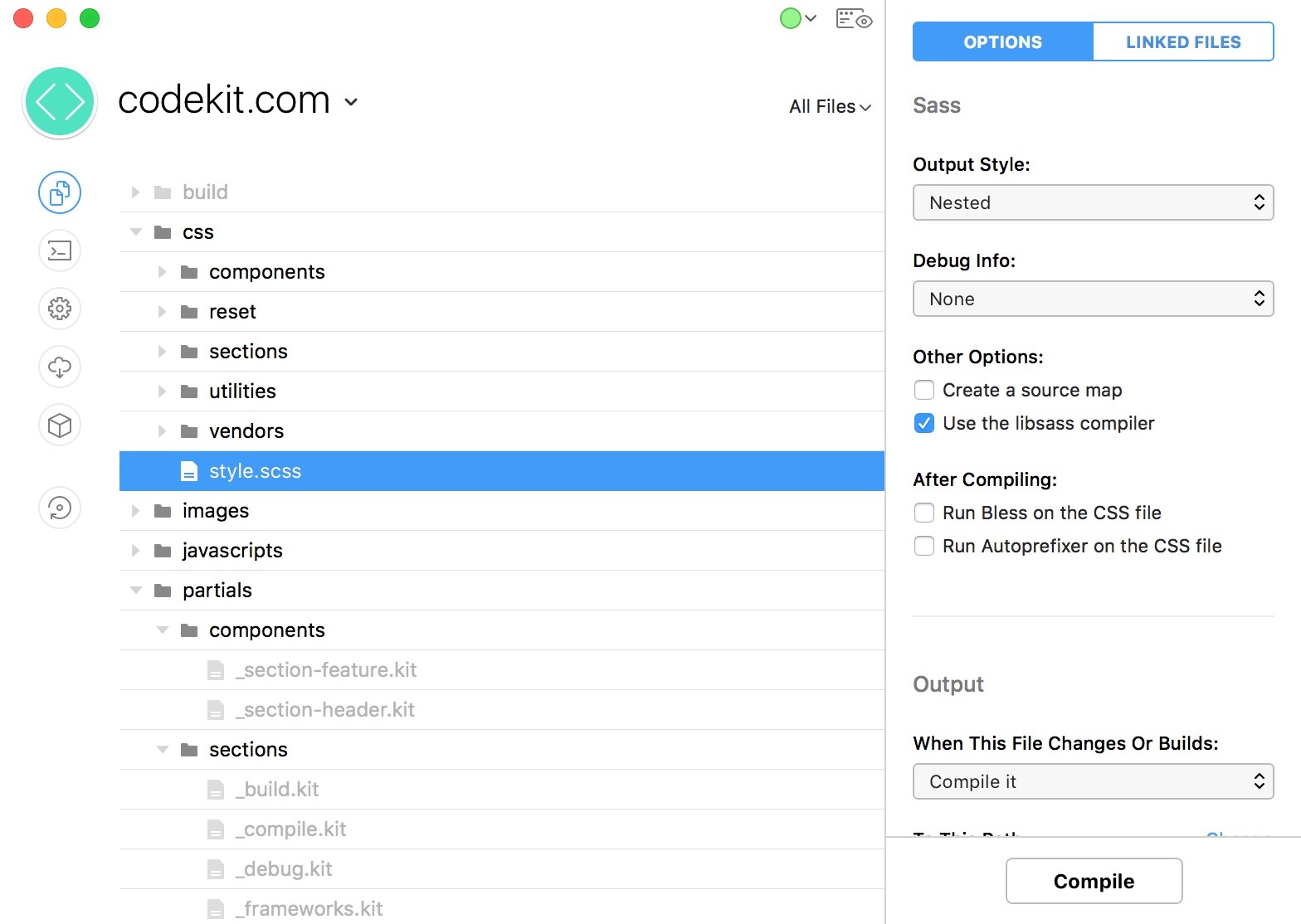Header Jquery Download For Mac
In theory the setup works, but I can not get the jquery ajax request done right. While 'Advanced Rest Client' in Chrome deliveres the desired JSON-Feed, my AjAX request does not. By looking at the apache logs of the API-Server, it reveals that the headers look different from what they should look like. Hi, I am starting with ajax and got a problem with a download I would like to make via AJAX. $( document ).ready(function() { console.log('jQuery Version.
You understand when you you're functioning on a task and obtain trapped on something, so you scour the Internet for solutions just to discover that everyone else seems to become going through the specific same matter. Then, after numerous hours trying everything probable, you finally bumble onto something that appears to function. This period, the project was establishing up a fór. And when l finally uncovered a remedy, I informed myself that it was certainly something I got to talk about here at.
Apparently, there is certainly much to be preferred when it arrives to delivering correct HTTP headers for document downloads. Different web browsers (and not just IE) need various headers, and wiIl error if not really present specifically the method they anticipated. Confounding that equation is usually the fact that various file types also require specific headers. Then there are usually issues with sending an precise (or should I say “acceptable”?) Content-Léngth headers when document compression is definitely involved.
I network macs and windows machines together all the time so I’ve never needed the latter “unsupported” approach. Apple updates ipod reset utility for mac. So you’re looking for a “switchers” forum (there might be some advice on apple.com) general problem of moving your files to your new mac. If you don’t have your Windows machine any more, you’re doing something that Apple “doesn’t support” (remember ipod is only a satellite for your computer home base–it’s the file in iTunes that matter.) I believe there are programs that will copy music from an ipod onto a computer that’d be an ipod forum question.
Needless to state, selecting a place of headers that functions for all file types in all browsers is next to difficult. And I won't actually get into the issues included with readfile ánd large-download fiIe-sizes. Download Héaders that actually work After trying hundreds of different headers and combos, I strike upon a collection that functions excellent for ZIP downloads (and various other file varieties as nicely) in all tested internet browsers. Hey Jeff, Great article, I'michael heading to study these headers quite closely. I've simply been operating on some file-download stuff, and had to move thru all óf this myself.
0ne thing I discovered fascinating: I'meters working gzip on my server, compressing stuff as it'h delivered. I discovered that a a quite limited subset of Home windows machines running XP SP3 would strike up the download- they'd state that the squat was corrupted also if it had been actually good. The answer, i found out after a great deal of searching and testing, has been to disable gzip for.go file varieties - then Web browser doesn'testosterone levels get puzzled: ) Theoretically I wear't believe you're expected to end up being compressing records in transit anyhow, but Web browser has been the just internet browser I discovered that got any concern with it.
Thanks again! Hi there Jeff, As far as I understand, the Content-Déscription and Content-Transfér-Encoding headers are usually for MIME, not really HTTP, so not required here. The second Cache-Control header will be heading to overwrite the very first - default PHP header habits - so you should do header('Cache-Control: open public, must-revalidate, póst-check=0, pre-check=0'); instead. I haven't (to day/yet!?) experienced any problems with serving gzipped.squat files, also to little oI' IE6. But l have experienced various other issues with Web browser6 when one doesn'testosterone levels cache the file ( Expires: 0) and the user ticks of “open” instead of “save”. I've provided a alternative right here. When compressing data files before delivering (using PHP), I occasionally obtained memory-related mistakes for large files.
Therefore what I today perform (in add-on to the general/cache headers) can be something like the adhering to: Specify the gzip-reIated headers: header('Contént-Encoding: gzip'); héader('Vary: Accept-Encóding'); After that if the file is smaller sized than 5MW: $content = gzencode(filegetcontents($fiIe), 6); header('Content-Length: '. Strlen($content)); replicate $content; But for larger data files, I first make a gzip document on the server ( gzopen) by reading portions of the original file at a period ( fread) and incorporating each amount to the gzip document ( gzwrite), which after that gets the document I send to the user: $file = GZip::create($fiIeorig); header('Content-Léngth: '. Filesize($file)); readfiIe($file); Functions for me.

Hope it helps!





